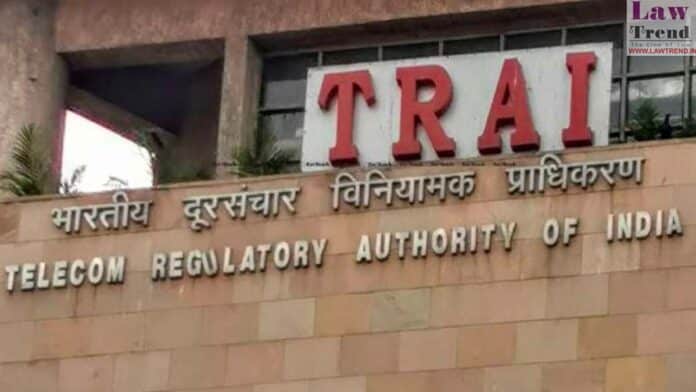Telecom regulator TRAI on Wednesday told the Kerala High Court that it did not delay implementation of its 2020 regulations and tariff order regarding TV channel pricing as all stakeholders, including members of AIDCF, were of the view that it requires a re-look.
The Telecom Regulatory Authority of India (TRAI) told Justice Shaji P Chaly that it was not at fault as the 2020 regulations were challenged before the Bombay High Court and it had passed some interim orders on the same.
Later when the matter reached the Supreme Court, all the stakeholders, including AIDCF which has presently challenged TRAI’s 2022 interconnect regulations and tariff order, were of the view that another consultation process was required.
TRAI was responding to the claims of the All India Digital Cable Federation (AIDCF) that the regulator never properly implemented the 2020 regime.
“We were not at fault,” the TRAI’s lawyer told the High Court during the close to an hour-long arguments on behalf of the regulator.
“Therefore, there was no perversity. There was no manifest arbitrariness,” it contended.
At the end of arguments on Wednesday, AIDCF urged the court to pass some interim orders as blocking of signals by the broadcasters had affected around 5 crore consumers.
However, Justice Chaly said he will hear the matter finally and pass orders thereafter.
The arguments remained inconclusive and would continue on Thursday with the broadcasters, like Star and Sony, placing their side of the matter before the court.
Sony’s lawyer briefly contended before the court that the AIDCF has not availed the statutory remedy available under the TRAI Act against the disconnection of signals by the broadcasters and challenged that too before the high court.
AIDCF has challenged TRAI’s amended interconnect regulations and tariff order of November 2022.
Under the 2020 regime, the price of the “driver” channel in a bouquet was capped at Rs 12, but under the latest tariff order it has been increased to Rs 19, AIDCF has claimed.
The multi-system operators (MSOs), represented by the AIDCF and the Kerala Communicators Cable Ltd, have contended in their plea that TRAI’s amended interconnect regulations and tariff order of November last year were “arbitrary” and “take away from the consumer their choice and autonomy”.
They have also claimed that TRAI has ‘failed’ to regulate the pricing of television channels or cap their prices.
Instead, it increased the pricing of television channels that can be included in a bouquet, they have contended.
AIDCF is India’s apex body for Digital Multi System Operators (MSOs) and its members include Asianet Satellite Communications, Hathway Cable and Den Networks, according to the petition.
“An analysis of the packs announced after the impugned 2022 tariff amendment which are yet to be implemented or passed onto consumers demonstrates that consumers will need to pay between 20-40 per cent higher prices on regularly subscribed channels,” the petition has claimed.
TRAI, on the other hand, has opposed the plea saying that AIDCF had consented to the price cap of Rs 19 per channel.




